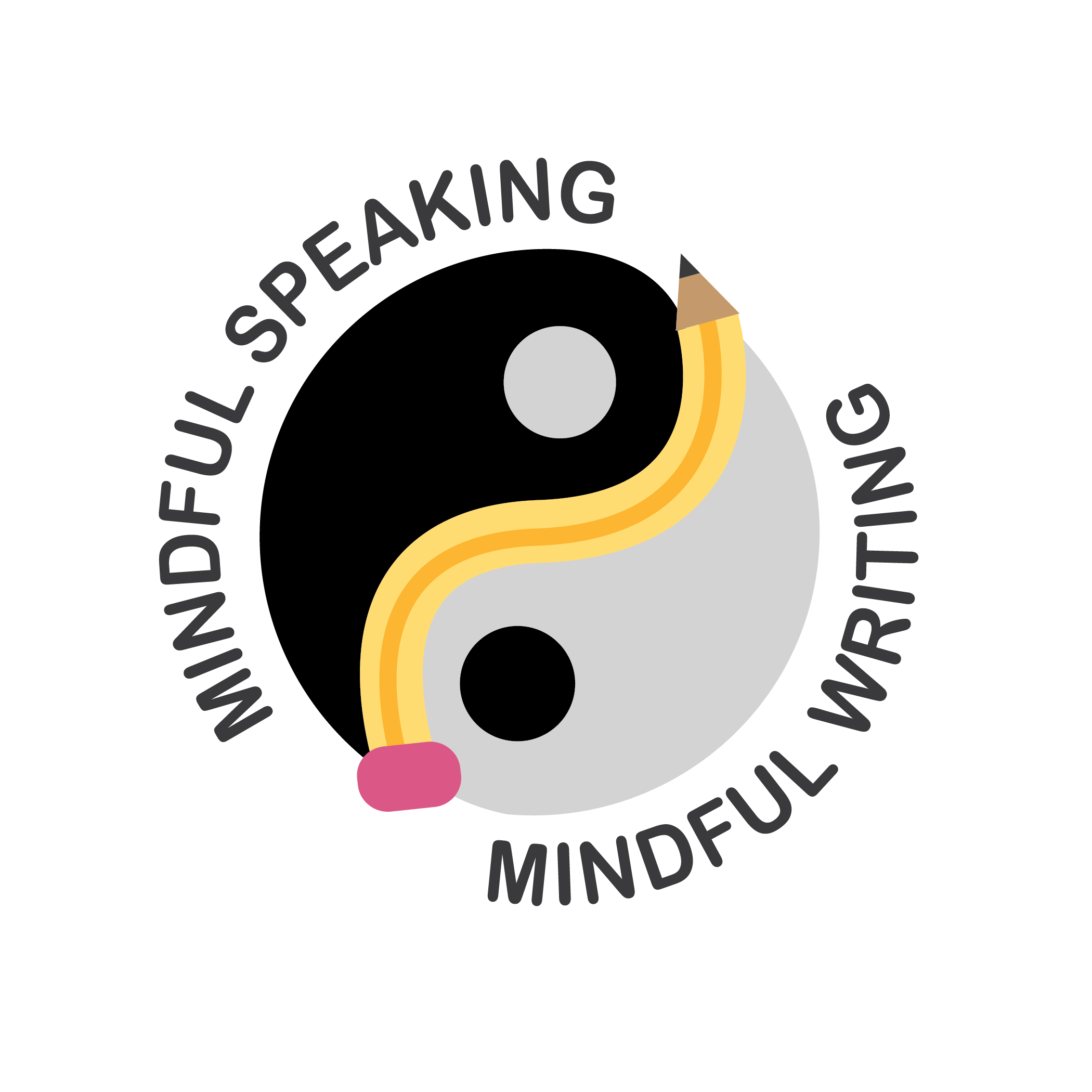
There’s a saying in the writing world, “writing is re-writing.” But
a lot of writers, it seems, haven’t heard about this part of the work, or expect to get by without. No writer sits down when the muse strikes, and cranks out pages of perfect prose. Between the inspiration and the ink, the sweat gathers.
Oscar Wilde described a day of editing like this. “I spent the day editing. In the morning, I took out a comma. In the afternoon I put it back again.”
A bit extreme, but many writers do something similar. They think that editing is a process of rearranging words (or punctuation and grammar) on the page, or listening to the flow of a sentence, and then applying polish. Or writing the first chapter over and over again, as if they could make it perfect without ever advancing to chapter two.
When it’s time to edit your memoir of autobiography, I suggest you forget the trope “writing is re-writing” and contemplate instead that “writing is (primarily) re-thinking.”
Let’s assume that you are editing one chapter. Rather than reading the first paragraph and then diving into the wording, start with thinking about the scenes of that chapter. Ask yourself why you have chosen the particular scenes you chose. Every scene should have a clearly defined purpose, how it justifies its existence in the chapter. Is it to demonstrate character development? Create some tension? Perhaps comic relief? Illustrate backstory that you intentionally skipped over earlier? Or just to advance the plot?
Once you are clear on the purpose, then look at what drives the scene. The characters (particularly the main character) want something. Is it clear to you, the writer, what the main character wants. Will it be clear to the reader, even if that desire is not explicitly stated? The desire can be grand (world peace) or tiny (go for a walk), lofty or selfish, practical or hopeless, long term or immediate, but there must be a desire. With the desire in mind, what obstacles is that character going to face? Typically, there are both external obstacles (other people, other circumstances, health, financial, environmental, historical etc.) and internal obstacles (thoughts, feelings, beliefs, assumptions) that get in the way. Will this character overcome the obstacles and satisfy the desire? Or will she be defeated? Or changed by the struggle, and thus adopt new goals and desires? These are big and vital questions, that have nothing to do with the “writing.” And of course they have everything to do with the writing. The answers to these questions focus you on what you are writing about, not just the words you chose, but the how of your expression.
So, when you’re ready to edit, first think about what you are writing. Spend time thinking, not yet writing. Don’t waste your day the way Oscar Wilde did. Editing is thinking first, then re-writing.
What’s your approach to editing? What questions do you have about the editing process? I’d love to hear from you.

I only write because you have, obviously, invested such time into producing a site that looks like yours (not to mention how it functions!). You have a wonderful site, Sir, (did I say that) and it is a pleasure on the eye, also!
As for this editing business? Yes, my last one, went “up,” actually, after editing to over 90,000 words. Ach, where is Oscar when one needs him!
Be well, Segnor Petr…
Gracias, Ethan. I’m just a year late in responding. Starting the blog back up. Revised web site and new book coming out. Hope you’ll still be there!